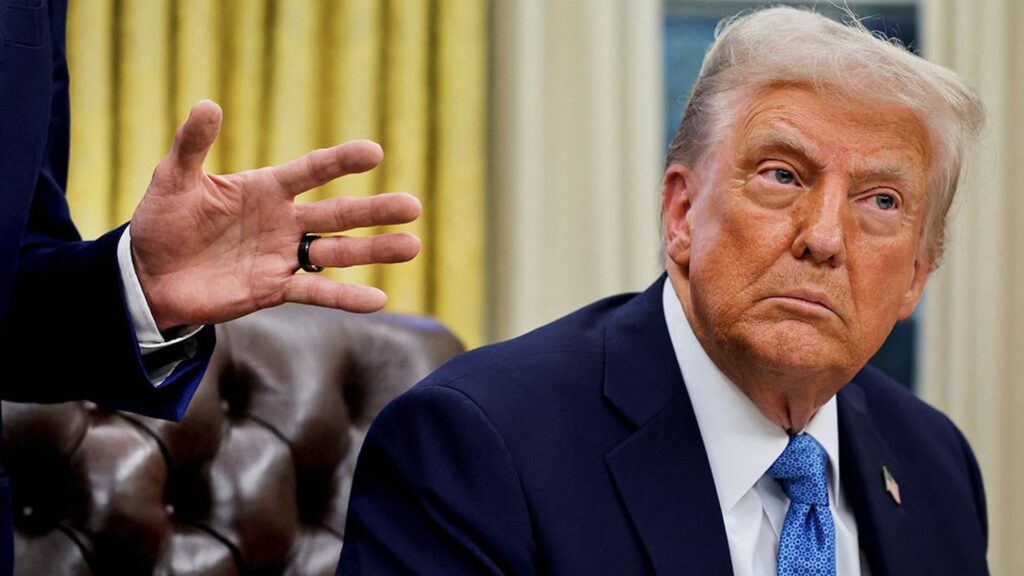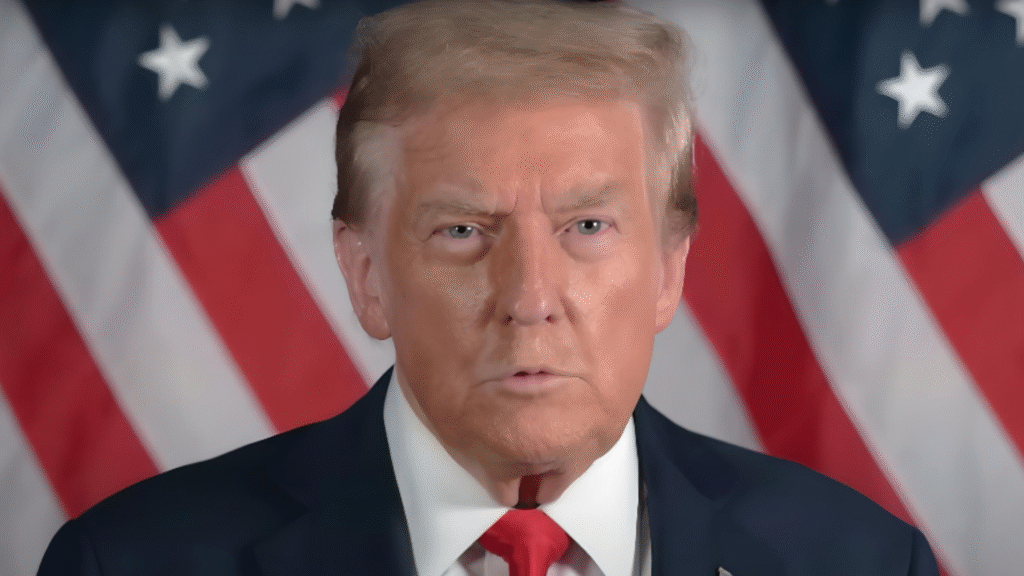The administration of U.S. President Donald Trump is reportedly exploring the possibility of seizing approximately $5 billion in frozen Russian assets currently under U.S. jurisdiction. According to sources familiar with the matter, these funds could be redirected to bolster support for Ukraine amid the ongoing armed conflict.
This move, now being actively discussed within Trump’s inner circle, could become one of the most consequential financial decisions of his new term. The legal foundation for such an action lies in the REPO Act, passed by Congress in April 2024, which grants the president authority to seize frozen foreign assets in the interest of national security and allied commitments.
The previous administration had similar authority but refrained from acting decisively due to concerns over legal risks and diplomatic backlash. However, the Trump team appears more willing to treat the assets as a practical tool to accelerate military aid and other support for Kyiv. In addition to the proposed asset seizure, officials are also considering the deployment of $3.85 billion left unused from the 2024 federal budget, originally earmarked for foreign aid but stalled due to political gridlock in Congress.
Since the start of the conflict in February 2022, around $300 billion belonging to Russian state entities and private individuals has been frozen across various countries. According to Reuters, roughly $5–6 billion of these funds are held in the United States, largely as reserves from the Russian central bank and assets linked to private Russian entities.
The issue of using these frozen assets has also been a point of discussion at the G7 summit in June 2024, where leaders agreed on a $50 billion aid package for Ukraine, financed through the interest accrued from frozen Russian funds. However, full confiscation—such as the plan now being considered in Washington—remains highly controversial.
Several European countries have voiced reservations about the long-term implications. Critics warn that such a move could undermine the credibility of international financial systems and provoke retaliatory measures. Nations like Germany and France have taken a more cautious stance, emphasizing the need to uphold international legal standards around property rights.
Moscow, for its part, has repeatedly condemned the idea of asset confiscation. In May, Kremlin spokesperson Dmitry Peskov warned that any such action would be seen as an “act of economic aggression” and promised legal and political countermeasures. Possible responses include lawsuits in international courts and reciprocal actions against foreign-owned assets in Russia.
Meanwhile, internal U.S. discussions on Ukraine strategy continue. Signals from Trump’s team suggest a desire to not only reaffirm security commitments but also assert Washington’s leadership in global resource redistribution. If approved, the proposed confiscation would mark one of the administration’s most significant and controversial international moves.



